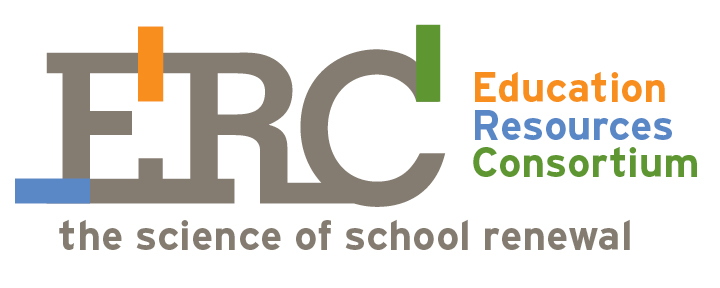Re-Imagining“School”: A Lost Opportunity Reclaimed
Several major studies, books and reports confirmed the obvious, that high schools were an arcane endeavor rewarding mostly a chosen few at the top. Ted Sizer’s CES shop at Brown, in particular, was out in front, funded by major investments from leading corporations who knew its importance.
Nationally and in virtually every region, business leaders stepped up, asking for different approaches and funding experimentation. They knew then that there was too much to fix in the old arrangements, and that it would be a waste of time to try the heavy lift --improving on a model that would likely resist all attempts at a major make-over.
Redesign, Not Tinkering
Many business leaders advocated a “skunk works” approach, similar to the shops that built the smart phone, the laptop, and supersonic aircraft, among others. Those “inventions” were created by specifically working differently --and apart-- from host companies’ established routines and norms, with the realization that pioneers couldn’t be expected to innovate while dragging along practices, beliefs, and ideas from predecessor institutions that had proven unequal to the task.
The thinking about school redesign was often informed by Sizer’s “brown bag luncheons”, informal, open-to-all discussions. Business leaders from IBM, Citibank, Hewlett, Bell, Nabisco, and others provided their thinking and dollars. Luncheon guests included James Comer, Paul Hill, Howard Gardner, and Deborah Meier, while weighing in from their respective domains were Ron Wolk, Jerome Bruner, Linda Darling-Hammond, Hank Levin, the Annenberg family, and others. Those ongoing connections identified a critical number of problem areas that constrained deeper learning. Reformers suggested several action steps and innovations, things we’ve known we could do differently and better for kids, for learning.
And now that work could be informed by new learning science and human development principles. The time had arrived!
We never made the moves.
Serious redesign never proceeded. No one wanted to be accused of “experimenting on kids”. Scores of high-profile sieges failed to penetrate what Sizer called “an impenetrable thicket” of laws, statutes, contracts, agreements, and traditions, wearing down most would-be reformers. As Sal Khan wrote, human nature being what it is, those who prosper under a given system become supporters of that system, thus decision-makers have a bias toward the status quo.
A frustrated corporate community instead got behind standards and testing, foreclosing on the redesign they themselves had supported. We’ve spent twenty years now trying to tinker our way out of a problem that requires bolder thinking, new mental models, and frankly, a whole more courage than we’ve seen from leaders across our related fields. But….
Maybe COVID-19 has given people more curiosity to wonder, what else schools could look like? Schools are a pivotal element of racial and economic justice. Could this be our time to recover the lost innovations?
Drawing on ideas from Sizer’s shop, and informed by three subsequent decades of deep work in schools, ERC is posing elements of a new prototype. No easy answers, just ideas that we think can take root with your help. And we’re looking for serious partners to take it on, to TREK with us.
We’re suggesting a “New Architecture” for learning - one that foments deeper and more naturalistic intellectual engagement, provides flexible yet durable structures, proven inquiry practices with a “tool kit” for student and teacher success, and a vision of personalization that is far more than “blended learning” or the pursuit of “competencies”.
Our design ideas do include essential elements that were abandoned, and we take aim at three specific contemporary issues:
the spike in student disinterest in classroom learning
ongoing flat achievement — by all measures — despite huge expenditures, and
the looming question of what now? what will come after the let-down of the standards movement?
If you’re at least curious about what it could look like — a sensible yet forceful move towards an intellectually challenging and socially/emotionally supportive school experience— one that will engage kids in a time where engagement and achievement are down, stress and boredom are up, and equity has never mattered as much, work with us!
— Larry Myatt
— Wayne Ogden




